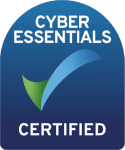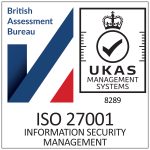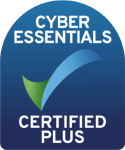Get In Touch
-
Write Us a Message
-
Request a Callback
-
Get a quote
First-call resolution rate
Call retention rate at:
INFORMATION SECURITY.
Discover ITCS information security solutions, tailored to your business. Get an IT Security Audit to see how robust your data and security systems are.
Cyber Security Audits
Successful cyberattacks are costly for businesses; both financially, due to loss of data, downtime, and potential fines for non-compliance, as well as through reputational damage. A little forward planning with information security enables most businesses to effectively respond to any number of IT security threats, including viruses, malware and hacking, as well as the physical threats that have always existed. Prevention is much better than cure – we can help you analyse the threats you face.
ITCS will happily conduct a free IT Security audit on your behalf. We’ll analyse and assess your current IT security and provide a detailed report on how prepared both your security systems and your staff are – and what you need to do to strengthen your resilience. Whether or not you follow our recommendations is up to you.

Why do I need information security – Specifically Cyber?
Implementing robust IT security measures, including certifications like Cyber Essentials Plus and ISO 27001, offers significant advantages for organisations in terms of safeguarding sensitive data, protecting against cyber threats, and ensuring a secure digital environment.
At ITCS we are excellent at conducting robust security enhancement strategy through our three-step approach.
Step 1 – Regular Security Audits
ITCS security audits provide you with a detailed assessment, used for identifying vulnerabilities in computer systems and networks. Our scans help organisations discover and address security weaknesses in their IT infrastructure. Here are some of the aspects covered by our audit reports:
ITCS security scans target network services running on systems, such as web servers, email servers, FTP servers, and more. It identifies open ports and checks for known vulnerabilities associated with those services.
The scanner assesses the operating systems of target devices, detecting vulnerabilities and misconfigurations specific to the OS.
ITCS security scans examine installed software applications for known vulnerabilities. This includes both server-side applications and client-side applications like web browsers and media players.
ITCS security scans test the strength of authentication mechanisms and access controls, looking for weak passwords, default credentials, and improper user privileges.
ITCS security scans can identify signs of malware infections, such as suspicious files, processes, or registry entries.
ITCS security scans can be configured to check for compliance with specific standards and regulations, such as HIPAA, PCI DSS, NIST, and others.
The scanner can verify if systems adhere to security policies and guidelines set by the organisation.
Step 2 – Cyber Essentials Plus:
Cyber Essentials Plus is an advanced cybersecurity certification program that builds on the basic Cyber Essentials framework. It involves thorough external assessment and testing of an organisation’s IT systems and networks by certified assessors. This certification showcases an organisation’s commitment to cybersecurity best practices, helps build trust with stakeholders, and enhances overall cybersecurity posture.
Cyber Essentials Plus provides a baseline of cybersecurity practices that organisations should have in place. This includes measures like firewall protection, secure configuration, user access control, and malware protection.
Implementing Cyber Essentials Plus helps reduce the risk of cyberattacks and data breaches by ensuring that fundamental security controls are in place and effective.
Displaying the Cyber Essentials Plus badge demonstrates your commitment to cybersecurity and can enhance your reputation with customers, partners, and stakeholders.
Achieving Cyber Essentials Plus can assist in meeting certain regulatory requirements and demonstrate due diligence in protecting sensitive information.
Step 3 – ISO 27001:
ISO 27001 is a global standard for managing information security. In the IT industry, it ensures companies establish, implement, and maintain robust security measures to protect sensitive data and systems from cyber threats.
ISO 27001 provides a comprehensive framework for managing information security risks across the organisation. It covers people, processes, and technology aspects of security.
ISO 27001 employs a risk-based approach to information security, enabling organisations to identify, assess, and manage security risks in a systematic manner.
The ISO 27001 standard emphasises continuous improvement through regular audits, reviews, and updates to security controls, ensuring that security measures remain effective over time.
ISO 27001 helps organisations align with various legal and regulatory requirements related to data protection and information security.
ISO 27001 includes requirements for incident response planning and management, ensuring that your organisation is well-prepared to handle security incidents effectively.
ISO 27001 certification can provide third-party assurance to clients, partners, and stakeholders, making it easier to establish and maintain business relationships.
ISO 27001 provides a structured framework for demonstrating compliance with international information security standards, which can be crucial for organisations operating globally.
Incorporating these security standards into your organisation’s IT security strategy demonstrates a commitment to safeguarding data and protecting against cyber threats. However, it’s important to note that certification is a process, and ongoing vigilance is required to ensure that security measures remain effective in an ever-evolving threat landscape.
Siderise Ltd
 As a large business, we have huge demands on our IT system and ITCS has got it covered.
As a large business, we have huge demands on our IT system and ITCS has got it covered.
They are super professional, knowledgeable and more importantly, the customer service is exemplary.
Renault Dealership
 ITCS’s commitment to enhancing our online presence through meticulous SEO strategies has yielded remarkable results. Our website’s visibility and engagement have notably improved, leading to increased brand recognition and business growth. This success can be attributed to their in-depth knowledge of SEO intricacies and their proactive approach to adapting strategies to suit our evolving needs.
ITCS’s commitment to enhancing our online presence through meticulous SEO strategies has yielded remarkable results. Our website’s visibility and engagement have notably improved, leading to increased brand recognition and business growth. This success can be attributed to their in-depth knowledge of SEO intricacies and their proactive approach to adapting strategies to suit our evolving needs.
Bridgend Citizens Advice
 ITCS went above and beyond by offering insightful consultancy with regards to upgrading our hardware infrastructure and implementing robust disaster recovery plans. They provided invaluable guidance and implemented solutions such as a new UPS and disaster recovery solutions with both local and offsite data backups, ensuring our business is well-prepared for any unforeseen events.
ITCS went above and beyond by offering insightful consultancy with regards to upgrading our hardware infrastructure and implementing robust disaster recovery plans. They provided invaluable guidance and implemented solutions such as a new UPS and disaster recovery solutions with both local and offsite data backups, ensuring our business is well-prepared for any unforeseen events.
Sony Global Manufacturing
 ITCS deliver a prompt, quality service building and supplying test computers to our requested specifications. They understand our business needs and deliver an excellent service
ITCS deliver a prompt, quality service building and supplying test computers to our requested specifications. They understand our business needs and deliver an excellent service





 CLOSE
CLOSE
